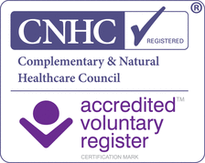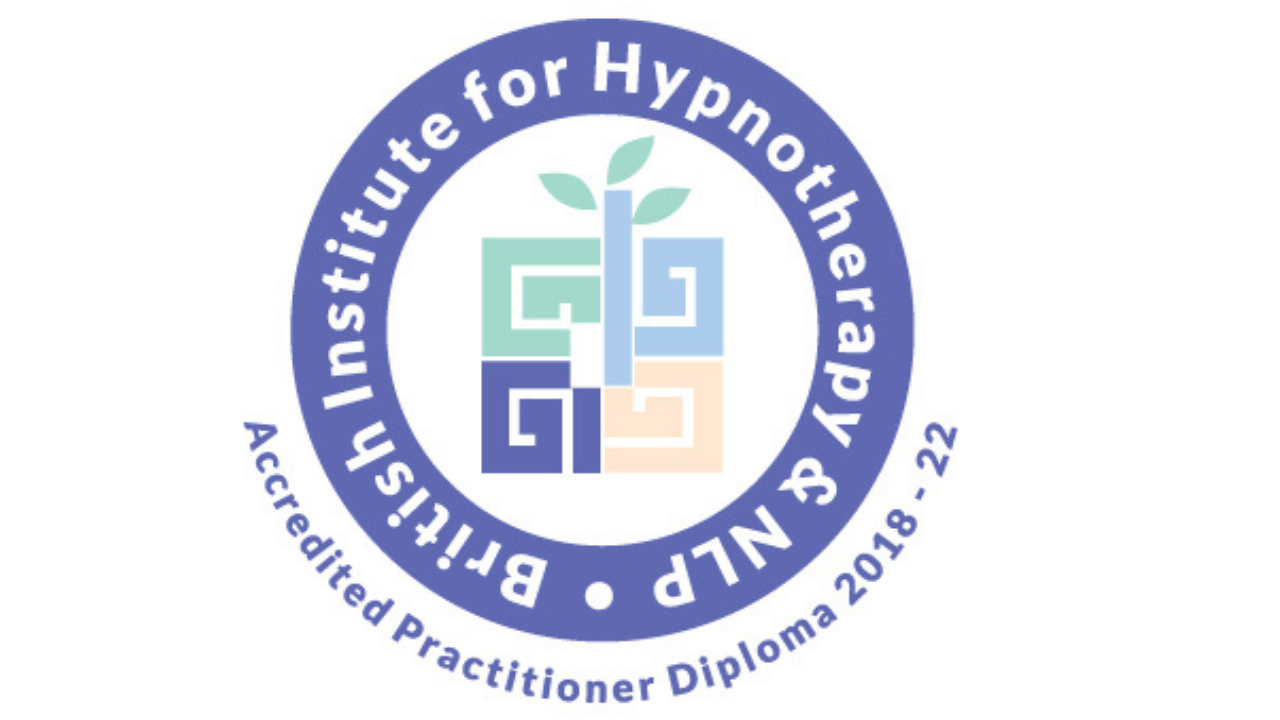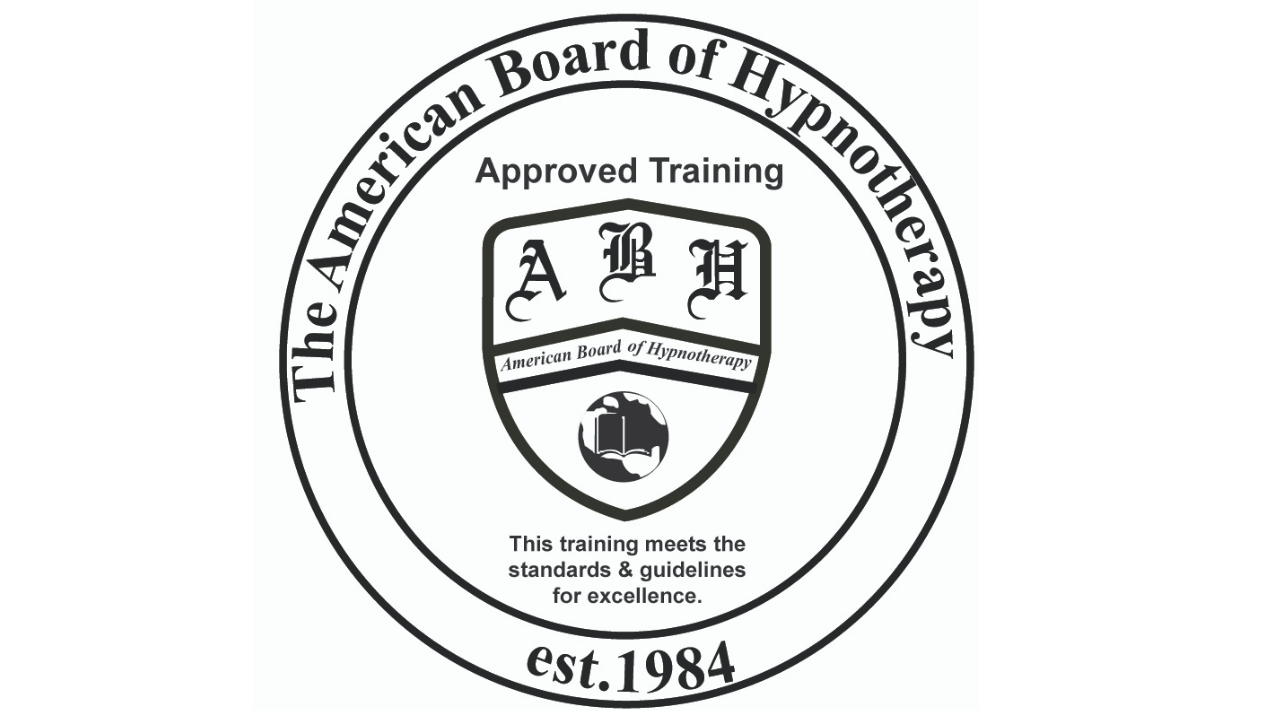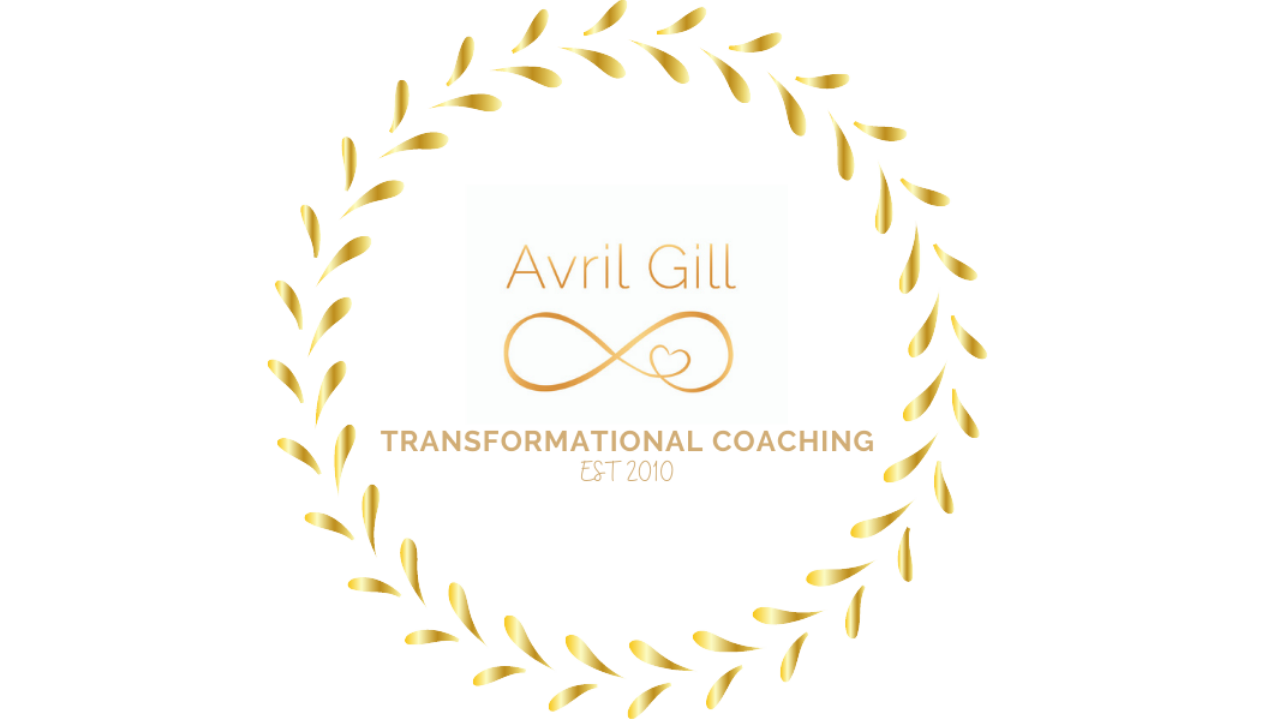 10 Top Tips and Tools When Starting Up A Therapy Business Starting your own therapy business can be very daunting and at times feel overwhelming… I remember when I first started up my Hypnotherapy business I made many mistakes, wasted money and followed many ‘gurus’ and false promises of ‘How to Earn 4 figure salary in 3 days!’. I became overwhelmed by downloading every freebie and guide that was on offer, and trying to follow all the advice for setting up and marketing my business that I wasted all my time and energy wading through this and not getting very far! After a few mistakes, some wasted money and some good old hindsight, here are my 10 top tips and tools for starting up a therapy business. #1 Get your Insurance This is essential to protect yourself and your clients, and a must for any credible therapist. I now use Balens though there are other providers (you can get a discounted rate if a member of BIH). Most offices and room spaces you can rent also require copies of your insurance so it really is a must! #2 Professional Membership Personally, I felt it was important to register with a governing body, and for me that was the British Institute for Hypnotherapy & NLP (BIH). You should be able to find out from your training provider which governing body will recognise your qualification as there are strict criteria your training must meet. I also registered with Complementary & Natural Healthcare Council (CNHC), which is a UK voluntary regulator for complementary therapists CNHC was set up with government support to protect the public by providing a UK voluntary register of complementary therapists. CNHC's register has been approved as an Accredited Register by the Professional Standards Authority for Health and Social Care. Anyone can search both BIH & CNHC to see your qualifications when choosing a practitioner. Both these governing bodies have standards and regulations you must follow when registered with them, which I feel adds credibility for myself and the whole Hypnotherapy industry. You are required to do a minimum number of hours of Continuous Professional Development throughout the year to ensure your skills and knowledge are kept up to date and developing. We can support with this through supervision and we also offer Master classes which will count as your CPD. #3 The legal stuff If you collect any clients’ details: your client registration forms, session notes or digitally in your computer you must legally be registered with the Information Commisioners Offfice (ICO). There is a small fee to be paid once a year and they give very clear guidance on what needs done once you are a registered Data Controller. The ICO is extremely easy to register with and can be done online. #4 The Tech stuff to invest in You need to decide on your business name. A few things to consider…
One you have decided, buy the domain name, this can be fairly low cost. Once you have that you need to think about a website, your storefront. This can be done free or for a very small cost to start up. I recommend the WordPress platform and ipage. Both are very versatile and have all the flexibility and options you will need to start up. There are a number of pre-designed themes you can choose from which can best reflect your business, then as your business grows you can invest in ‘add ons’ and ‘plug ins’ for additional functions such as online shops, online booking systems, membership sites etc. You can customise the functionality, colour and look and feel of the whole site so it is consistent with your brand and business. WordPress can be easy to use, there are lots of YouTube videos that can show step by step how to set things up and manage your site. You can always reinvest money into your website and design once your business is more established, this is a great starter tool to get your business out there. #5 Get Organised! The 2 best free tools I use are Google Calendars & Trello and I love them both! Using Google's free online calendar, you can link in other users and have all your appointments in one place for family, personal and business, it's easy to keep track of life's important events all in one place. You can colour-code, set alarms, reminders and it can be linked on computers, phones, tablets so all update in real time and can be easily accessed and checked when planning and scheduling business. Trello is a collaboration tool that organizes your projects into boards. In one glance, you can track what is being worked on, you can colour code lists and tasks, create checklists, set dues dates, upload documents…there is so much possibility with Trello and it is extremely simple and easy to use and free! #6 Track your money It is important you know your numbers and track them regularly. All you need to do is set up a simple spreadsheet and I would recommend you update it regularly, fortnightly or monthly to get into good habits. Record every penny you spend on your business so that you can keep track of the running costs and build a picture up over the year to enable you to budget ahead for future business planning and expenses. This is essential, don't get caught in the trap of thinking oh I'll catch up later, because later comes around very quickly and you might find that you have lost track of what you have spent to get your business up and running. A good question to ask yourself when spending and setting costs against your business is "would I have spent this money if I wasn't running the business?" If the answer is NO then this is a cost to your business! #7 Social Media There are lots of marketing options out there. Social media is big business and there are many different channels e.g. Facebook, Twitter, Linked in, Instagram. There is value in each one, but to begin with it would be worth choosing one initially, all of which are free to set up. I set up a Business Facebook page within 5 minutes, it is so easy to do, and there is lots of help on FB. You can add all the information about your business, your website details, contact details and start engaging with people straight away. Once you start building up your business, you can look at investing some money into Facebook adverts if you want to, but initially the FB page is a great free marketing tool you can use. #8 Blogs Blogs are a good way for you to share good content on your business and products while sharing your own personality with your clients. Blogs can be used in multiple ways. As well as fresh content for your website, you can repurpose your blog and send it out as content in your newsletter, or use it in an advert on Facebook. So one blog could be used in 3 or 4 different ways, without having to write lots of new content! #9 Newsletter An e-newsletter is a great way to start engaging with customers, sharing updates, events and getting your business out there. I use Mail chimp it's a free tool you can use to design, write and send free e-newsletter. Mailchimp is easy to use and there are loads of support videos in the help section of the site. #10 Build Yourself a support council. Running your own business can be lonely. I really recommend building your own support council, in whatever way works for you. NPD students have a private facebook group which is a great support and ‘back room team’ for advice and support. I also have a coach who I go to for coaching, support and advice. I also have an incredibly supportive husband who also acts as a mentor, business sounding board and all things IT related when needed! I believe it is also important to have good personal and business boundaries to avoid burnout and take the time to look after yourself!
1 Comment
|
AuthorAvril Gill, Hypnotherapist Transformational Coach & Hypnotherapy Trainer Archives
November 2017
Categories
All
|
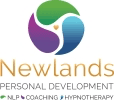
 RSS Feed
RSS Feed
